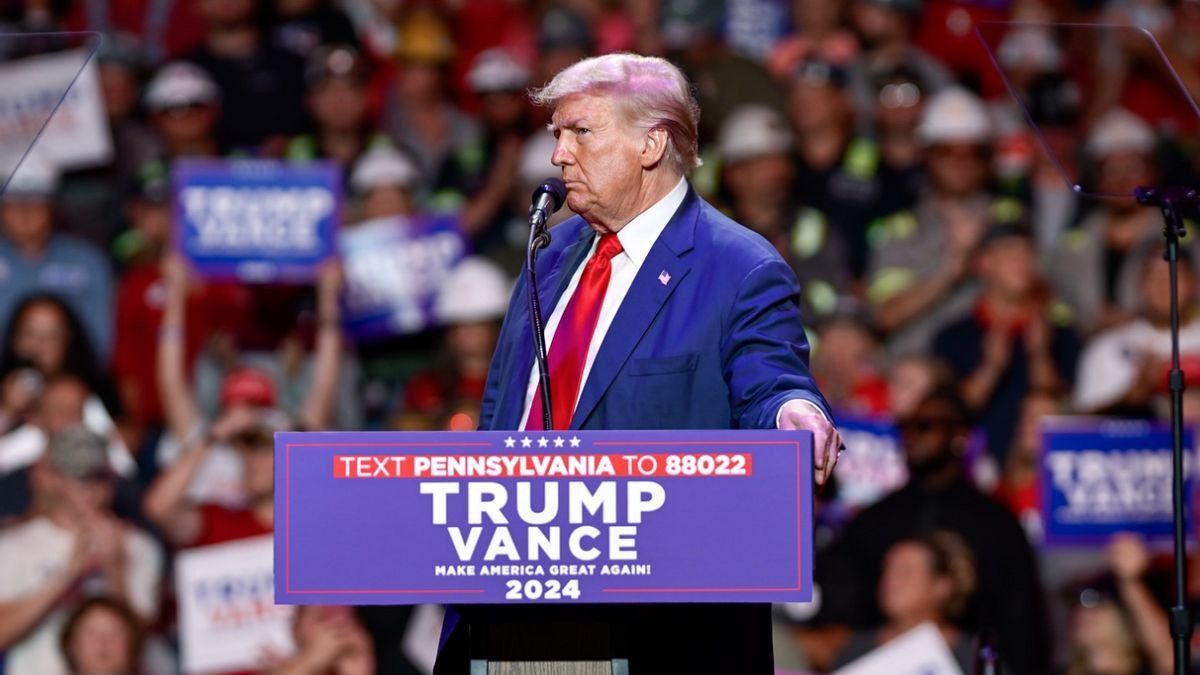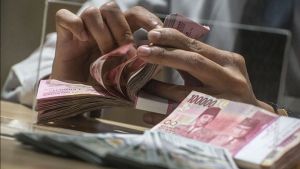JAKARTA - Director of the Digital Economy Center of Economic and Law Studies (Celios) Nailul Huda assessed that the tense relationship between the Presidents of the United States (US) Donald Trump and China is expected to continue to affect the uncertainty of the global economy.
"So I feel Trump has a bad relationship with China which has an impact on global economic insecurity," he explained to VOI, Sunday, November 10.
According to Huda, China's economy will be increasingly depressed and causing the economy of other countries to be hampered, including the Indonesian economy.
Huda conveyed that the "America First" policy implemented by Donald Trump is expected to reduce the flow of products into the US domestic market. One sector that has the potential to be affected is the Indonesian textile industry, which faces major challenges.
On the other hand, although the leadership of the Democratic Party is currently trying to encourage the recovery of people's purchasing power, it is still under pressure by several factors including global inflation and geopolitical conditions so that consumer purchasing power is increasingly eroded.
According to Huda, Indonesia's economic growth is difficult to grow optimally due to global economic factors that are heating up and blocking trade.
"Just like Trump's first period, Indonesia's economic growth was only at 5 percent on average," he said.
Huda explained that the trade war between China and the US has hampered demand for goods from other countries to enter the two countries. So that it will have an impact on economic growth in terms of foreign trade.
"We will see how Trump's first edition policy was, at which time Trump drastically lowered the company's tax rate. The impact at that time was an increasing inflation rate which ultimately made the Fed's interest rate increase even though it did not increase drastically to tackle rising inflation," he said.
Huda explained that in the end the Fed's interest rate increase would make the flow of money into the US quite large and would make the movement of the rupiah depressed, and the benchmark interest rate could rise again.
SEE ALSO:
"Domestic stock prices can weaken due to negative sentiment in increasing the domestic benchmark interest rate, investment will be hampered," he concluded.
The English, Chinese, Japanese, Arabic, and French versions are automatically generated by the AI. So there may still be inaccuracies in translating, please always see Indonesian as our main language. (system supported by DigitalSiber.id)
















